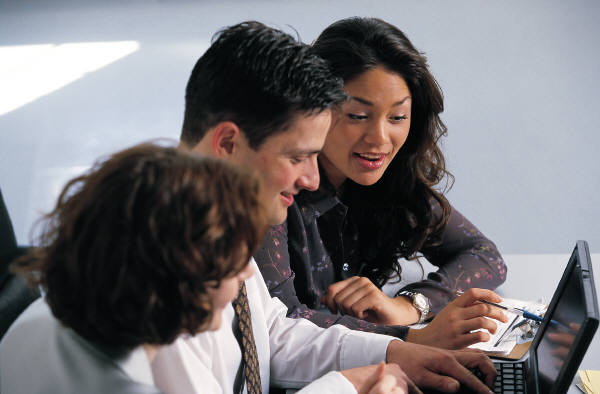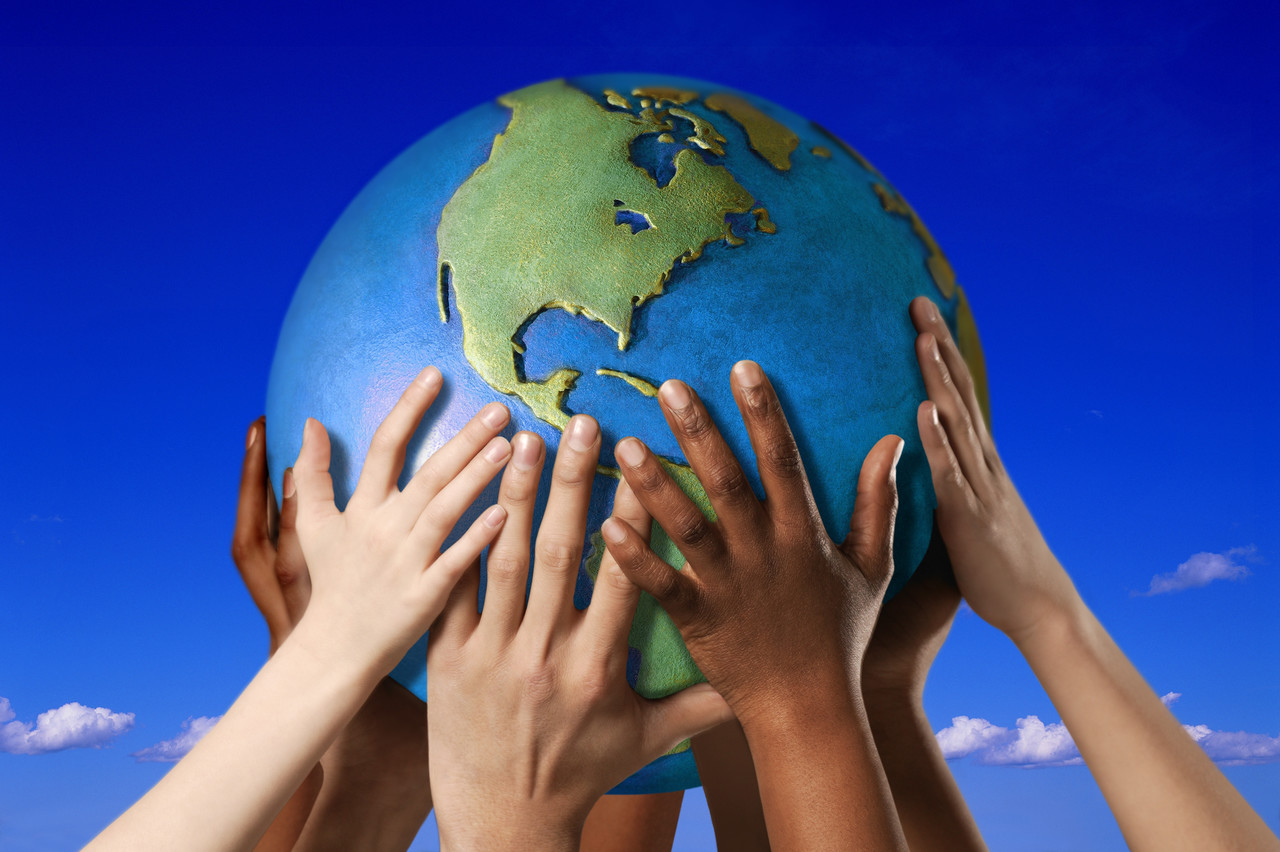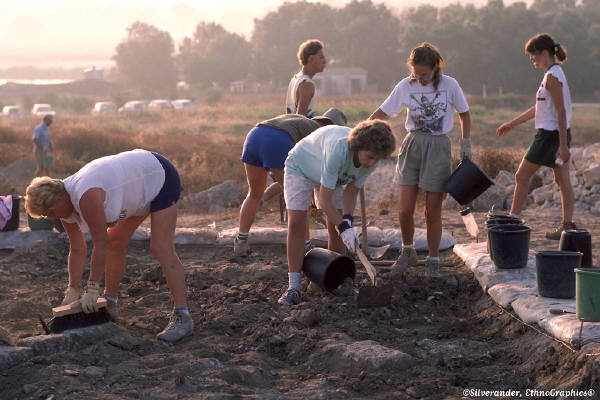The
International Global Citizen’s Award
3. Influence and involvement with others
Working with others is an important aspect of citizenship and community
involvement and responsibility. In some cases, we work with other people
collaboratively to do things we cannot do on our own – for instance
as part of a group or committee organising something. In other cases,
we are working to benefit other people – for instance, we may
be helping people directly during our community service.
This section
involves three distinct types of activity:
3.1 Personal community service
This involves
undertaking some form of service activity which is of benefit to individuals
or a community – local, national or international.
This could
take many forms. There are some examples below. Many schools have established
service programmes, and many of these activities could form part of
the Global Citizen’s Award programme.
Personal
community service may be done individually, or it may involve working
with others in the service activity.
Examples:
- fund-raising
for a charity
- recycling
activities within a local community
- helping
elderly or disabled people
- serving
in a charity shop, and developing an understanding and awareness of
the work of the charity, and the role of the shops in its funding
- litter
picking, and an understanding of the harmful effects of litter on
wildlife and the environment
- conservation
work such as tree planting, shrub clearance and an understanding of
the ecological importance of this
3.2 Advocacy, persuasion or promotion
If we care
about something, we usually want to make others care about it too.
This is an important part of active citizenship.
Advocacy
is about arguing the case on behalf of someone or something.
Persuasion is trying to change someone’s mind by information and
argument.
Promotion is making your point better known, for instance by speaking
or writing.
This section
involves taking up an appropriate cause (or causes) and bringing it
to the attention of others, for instance at home, among friends, within
a school, or within the wider community.
Examples:
- persuading
friends and family to attend a fund-raising auction (partly by explaining
the cause)
- speaking
on behalf of something at a public meeting
- campaigning
against the death penalty
- lobbying
at school for fair-trade products to be introduced, or promoting them
to students
- persuading
parents to choose a car with lower fuel consumption and emissions
- promoting
a fund-raising sports tournament at school
- meeting
a local politician to express concern about development of an area
of woodland
- writing
to a local newspaper on a matter of local concern
- writing
to a national politician on a matter of concern
- Amnesty
International membership
(These
could involve collaborative and team activities).
3.3 Active participation in decision-making processes
If we are
to be effective citizens, global or otherwise, we will find ourselves
involved in decision-making of various kinds. Taking an active part
in decisions that affect us and the things we care about is an important
part of active citizenship.
For the
award, active decision-making might involve
- being
part of a student council
- being
a member of a committee
- working
with other members of a group to decide the topic of a group project
in a school subject
- taking
part in decisions relating to the operation of the global citizen’s
award itself
Back
to Main Award Page
On
to 4. Recording and reflecting on change and development
|














